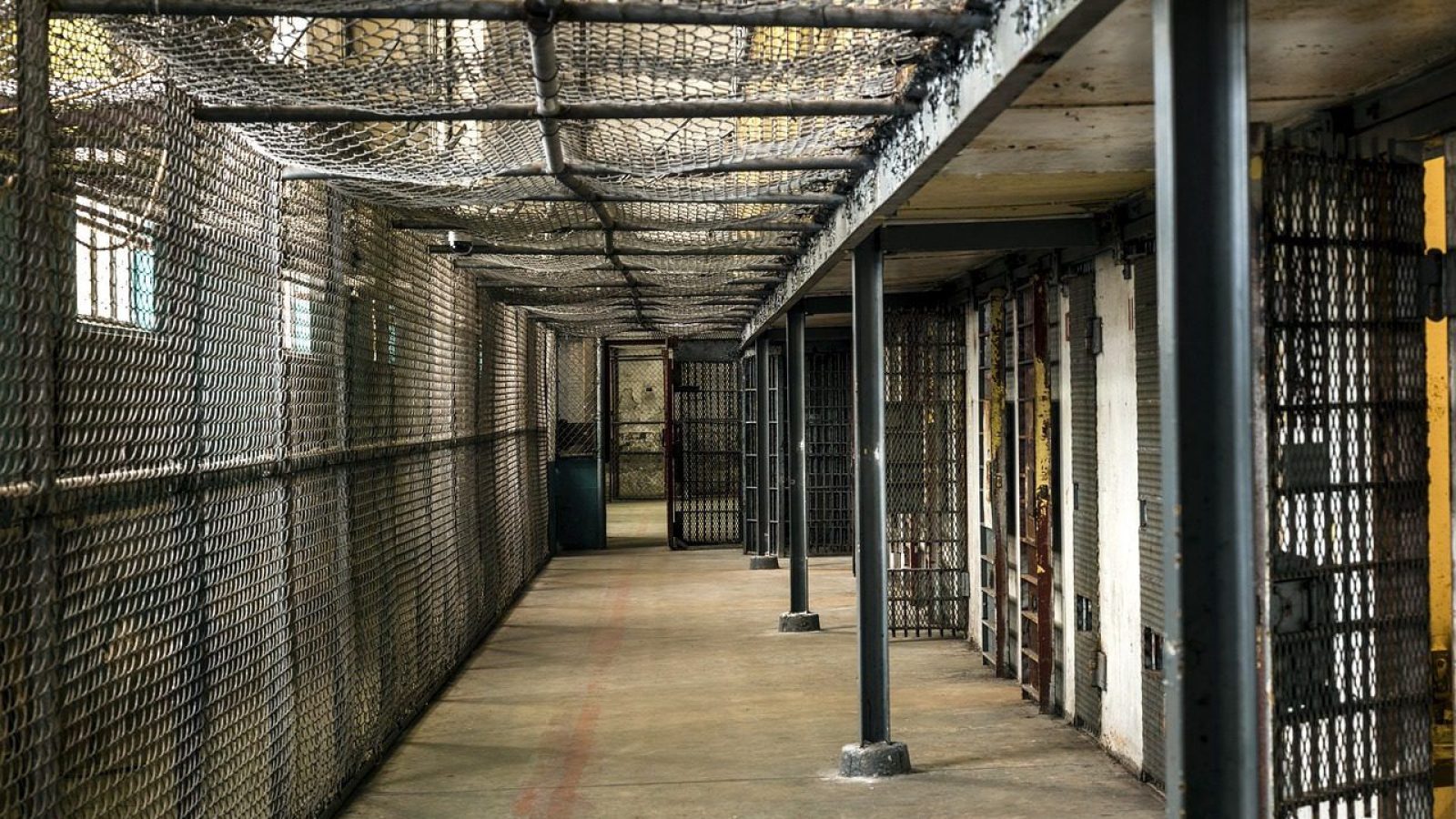The Bureau of Prisons said that Robert Hanssen, a former FBI agent, was found dead in his prison cell Monday morning, according to CBS News.
Hanssen, 79, was arrested and pleaded guilty to spying for the Soviet Union and later the Russian Federation in 2001.
Former FBI agent who spied for Russia found dead in prison cell https://t.co/9sByW9mD9x
— Just the News (@JustTheNews) June 5, 2023
The U.S. Department of Justice called Hanssen’s espionage as “possibly the worst intelligence disaster in U.S. history.”
Here’s background info from Wikipedia:
In 1979, three years after joining the FBI, Hanssen approached the Soviet Main Intelligence Directorate (GRU) to offer his services, beginning his first espionage cycle, lasting until 1981. He restarted his espionage activities in 1985 and continued until 1991, when he ended communications during the collapse of the Soviet Union, fearing he would be exposed. Hanssen restarted communications the next year and continued until his arrest. Throughout his spying, he remained anonymous to the Russians.
Hanssen sold thousands of classified documents to the KGB that detailed U.S. strategies in the event of nuclear war, developments in military weapons technologies, and aspects of the U.S. counterintelligence program. He was spying at the same time as Aldrich Ames in the Central Intelligence Agency (CIA). Both Ames and Hanssen compromised the names of KGB agents working secretly for the U.S., some of whom were executed for their betrayal. Hanssen also revealed a multimillion-dollar eavesdropping tunnel built by the FBI under the Soviet Embassy. After Ames’ arrest in 1994, some of these intelligence breaches remained unsolved. The FBI paid $7 million to a KGB agent to obtain a file on an anonymous mole, whom the FBI later identified as Hanssen through fingerprint and voice analysis.
Hanssen was arrested on February 18, 2001, at Foxstone Park,[4] near his home in the Washington, D.C., suburb of Vienna, Virginia, after leaving a package of classified materials at a dead drop site. He was charged with selling U.S. intelligence documents to the Soviet Union and subsequently Russia for more than $1.4 million in cash and diamonds over twenty-two years. After his arrest, he was initially detained at the Alexandria Adult Detention Center. To avoid the death penalty, Hanssen pleaded guilty to fourteen counts of espionage and one of conspiracy to commit espionage. He was sentenced to fifteen life terms without the possibility of parole, and was promptly transferred to ADX Florence, where he remained incarcerated until his death in 2023.
Hanssen was found unresponsive in his cell and staff performed life-saving measures to no avail.
“Staff requested emergency medical services and life-saving efforts continued,” Bureau of Prisons spokeswoman Kristie Breshears said in a statement.
“The inmate was subsequently pronounced dead by outside emergency medical personnel.”
CBS News reported that two sources said it appeared Hanssen died of natural causes.
BREAKING: Robert Hanssen, a top FBI agent who began spying for Moscow, betraying many American spies in Russia, has died at the age of 79. American spies exposed by Hanssen were shot in the head. He is remembered as the most destructive double agent in modern American history. A… pic.twitter.com/DRqTn0YDxq
— Simon Ateba (@simonateba) June 5, 2023
CBS News reports:
Three years after he was hired by the FBI, Hanssen approached the Soviets and began spying in 1979 for the KGB and its successor, the SVR. He stopped a few years later after his wife confronted him.
He resumed spying in 1985, selling thousands of classified documents that compromised human sources and counterintelligence techniques and investigations in exchange for more than $1.4 million in cash, diamonds and foreign bank deposits. Using the alias “Ramon Garcia,” he passed information to the spy agencies using encrypted communications and dead drops, without ever meeting in-person with a Russian handler.
Eric O’Neill, who went undercover for the FBI during its investigation into Hanssen, told CBS News that Hanssen came from a complicated background and had troubles with his father, who wanted him to go into medicine. But Hanssen, who did go to dentistry school, wanted to be in law enforcement.
“He really wanted to catch spies. He was a James Bond fanatic, loved the movies,” O’Neill said. “He could quote them chapter and verse. He wanted to be a spy. He was joining the FBI to do that — not to spy against the U.S., but to go in and hunt spies.”
But he was angry when he didn’t get the exact job he wanted at the FBI, and taking care of his growing family while living in New York and later the Washington, D.C., area was expensive.
“And that led him to decide that he was going to get everything he wanted — become a spy,” O’Neill said.



Join the conversation!
Please share your thoughts about this article below. We value your opinions, and would love to see you add to the discussion!